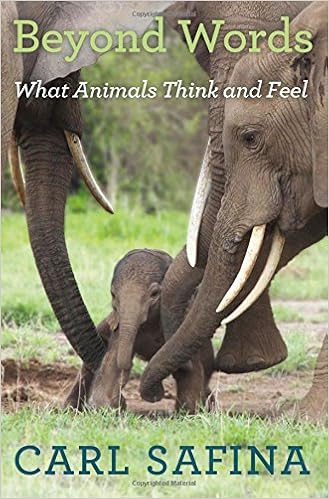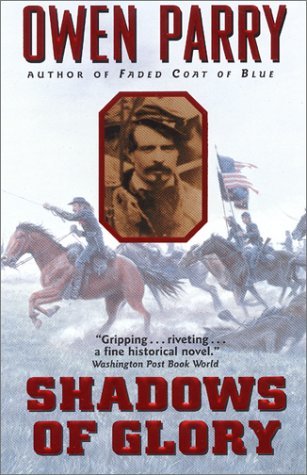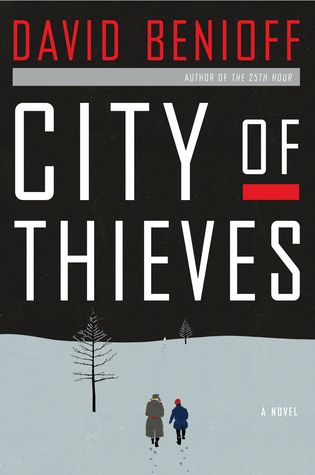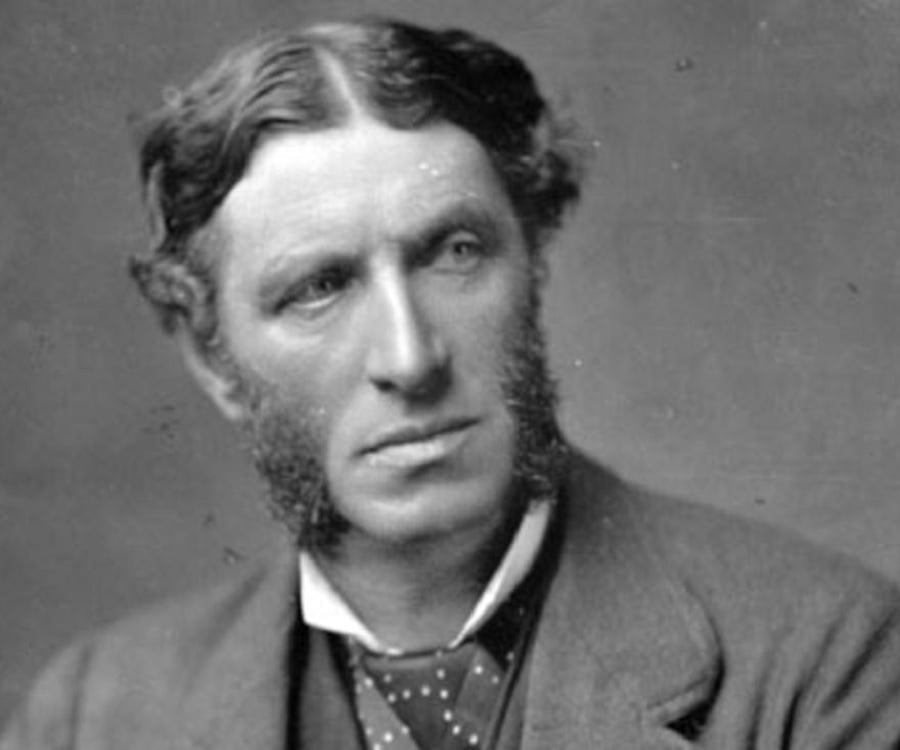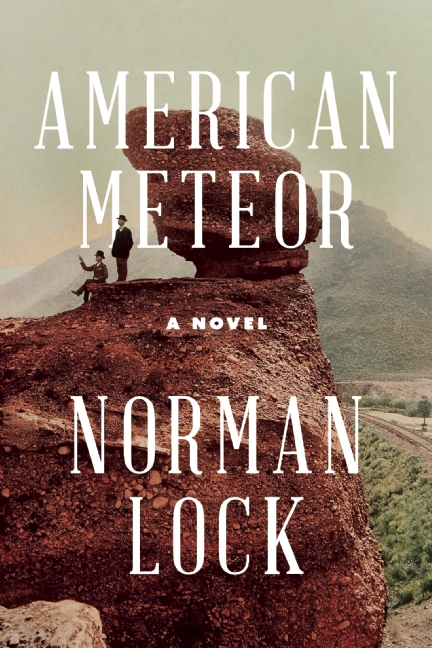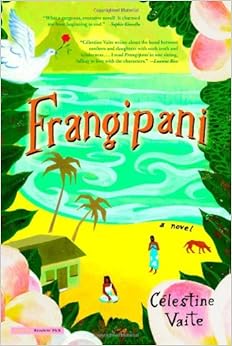The publishing industry, like every other industry, has its own vocabulary, which keeps expanding year by year. Leafing through William Brohaugh's
English Through the Ages (1998), focusing mainly on words in the Literature/Writing category, I was surprised that some words are as recent as they are, while others have been in use much longer than I would have guessed.
It's no surprise that terms like
desktop publishing and
graphic novel weren't coined until the 1980s or that
electronic publishing and
self-published weren't used before the 1970s.
Investigative journalism may have been done before Watergate, but not until the 1970s was that term actually used.
But a
coffee-table book wasn't called that until the 1960s, which surprises me. The terms
pop-up book,
speed-reading,
legal pad and
pulp magazine also were unheard until the 1960s, according to Brohaugh, even though the age of the pulp magazine was nearly over by the 1960s. I was surprised to learn that
word processing dates back that far. Brohaugh confuses me when he says the term
procedural, in reference to mystery novels, wasn't used until the 1970s, but he says
police procedural was known in the 1960s.
Going back further we find the 1950s gave us
centerfold (no surprise there), as well as both
hardback and
softbound. I am shocked that the terms
fine print and
copyedit are that recent, however.
The 1940s produced
comic book,
think piece (I would have guessed a later date),
cover story and
foreign correspondent. The Alfred Hitchcock film
Foreign Correspondent was released in 1940, so unless Hitchcock himself coined the phrase, surely it must be older than that. The phrase
writer's block also dates from this period of history.
By 1940 people were saying
talking book (no surprise if you have seen the movie
Places in the Heart),
field guide,
library card and
photojournalism. Only the last term seems a bit out of place for that decade.
Go back another decade to the 1920s and we find
newsmagazine (a surprise),
bookmobile (another surprise),
press and
whodunit. That decade also gave us
dust jacket,
fan magazine,
ghostwrite and
newscast. A couple of terms from that decade,
fictioneer and
magazinist, have already dropped out of use.
By 1920 people were already saying
comic strip,
subplot,
rhyme scheme,
newshound,
byline,
superhero and
blurb.
By the end of the 19th century they were using such terms as
four-letter word,
mumbo jumbo and
weasel word. This period also gave us
journalese,
Americanese,
telegraphese and
officialese, which shows how you can have fads in vocabulary just like in anything else..
The middle of the 19th century produced a number of words still in use today. These include
science fiction (in use by 1855, though I would have expected a later date),
folktale,
booklet,
clothbound,
book review (by 1865),
potboiler,
funny paper and
scoop.
Earlier in that century someone coined
punctuate,
hyphen, exclamation point and
past tense, making you wonder what terms were used for these things before then. That period also gave us
figure of speech and
cuss.
Go back to the 18th century and you find
lyricism,
dialogue,
magazine,
autobiography,
circular,
literature,
poetic license and
bookstore. The 17th century produced
character,
memoir,
newspaper,
biography,
font,
journalist,
alphabetize and
plot.
I could keep going. Some of the earliest English words in this category include such basics as
book (by 725),
verse (by 900),
read and
write (both also by 900).
Vocabulary, like culture itself, is a product of many generations, each one adding something new to what is already there.
